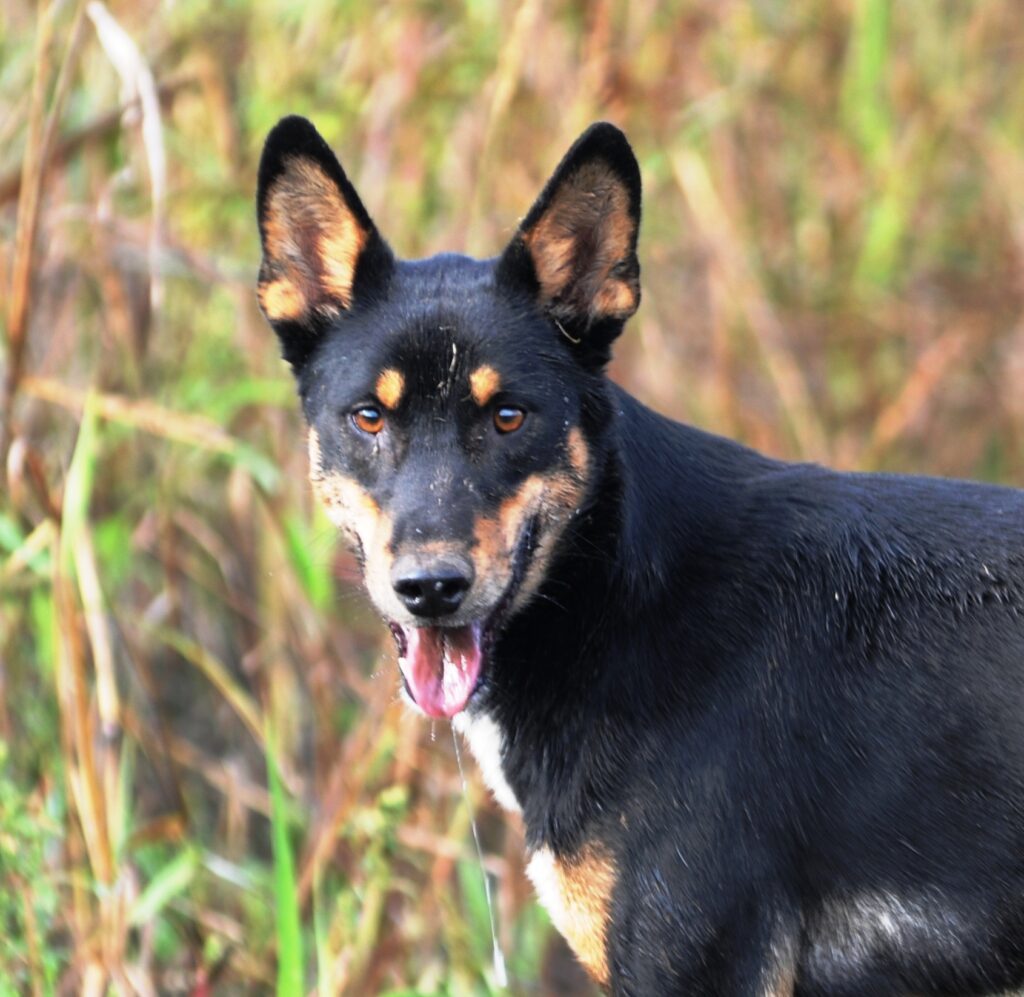The term ‘wild dog’ refers collectively to purebred dingoes, dingo hybrids and domestic dogs that have escaped or been deliberately released. In Queensland, wild dogs create a number of economic, environmental and social problems — particularly for agriculture.
Wild dogs are a restricted invasive animal under the Biosecurity Act 2014, which means all landholders have a responsibility to minimise the risks associated with invasive animals under their control. Wild dogs cannot be moved, kept (if a dingo), fed, given away, sold or released into the environment without a permit. Find out more.

Effective wild dog control requires a cooperative approach. This involves landholders, local government officers and other stakeholders working together to apply a range of control methods at a landscape (rather than an individual property) level.
We partner with the Malanda Beef Plan Group to conduct coordinated 1080 wild dog baiting programs in our region. The programs are generally held annually in the later part of the year.
The next coordinated baiting program will be on 25 September 2021. Contact us for more information.
Ensure you have read, understood and complete the requirements under the Toxin 1080 guide including:
- your property must be at least 40ha
- identifying movement corridors and harbourage areas to improve uptake
- giving all neighbours at least 72 hours’ notice of the intention to lay baits (including local and state government neighbours). Notification must include specific information about restraining/muzzling dogs
- posting warning signs at entrances and extremities of property boundaries that front a public thoroughfare.
1080 baiting must be carried out accordance to state legislative requirements.
Find out more about 1080 baiting including what it is, how safe it is, why it is used, how it works and how toxic it is to non-target wildlife.

